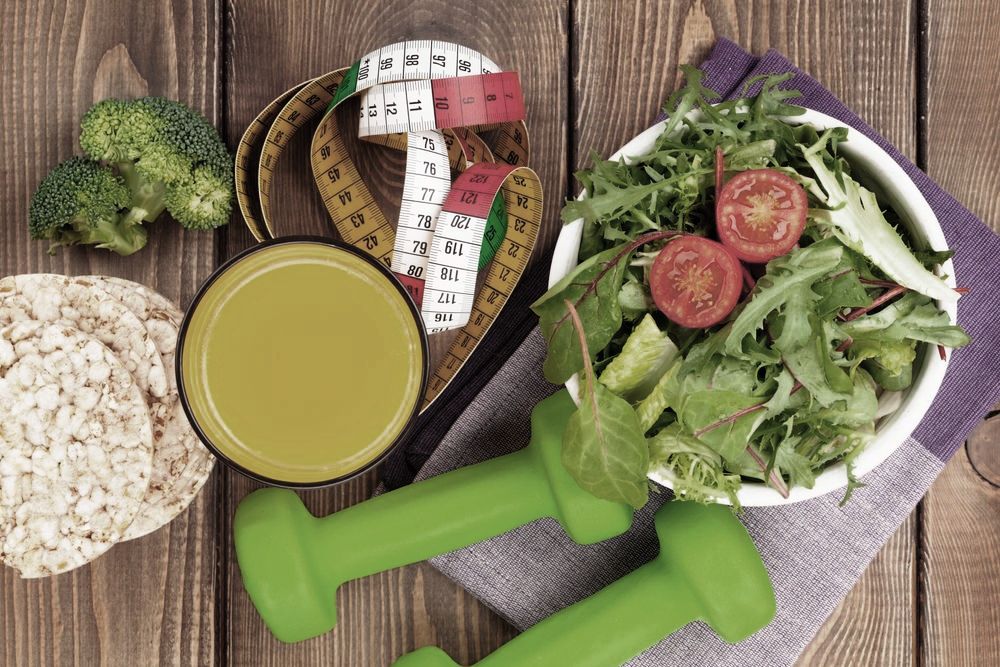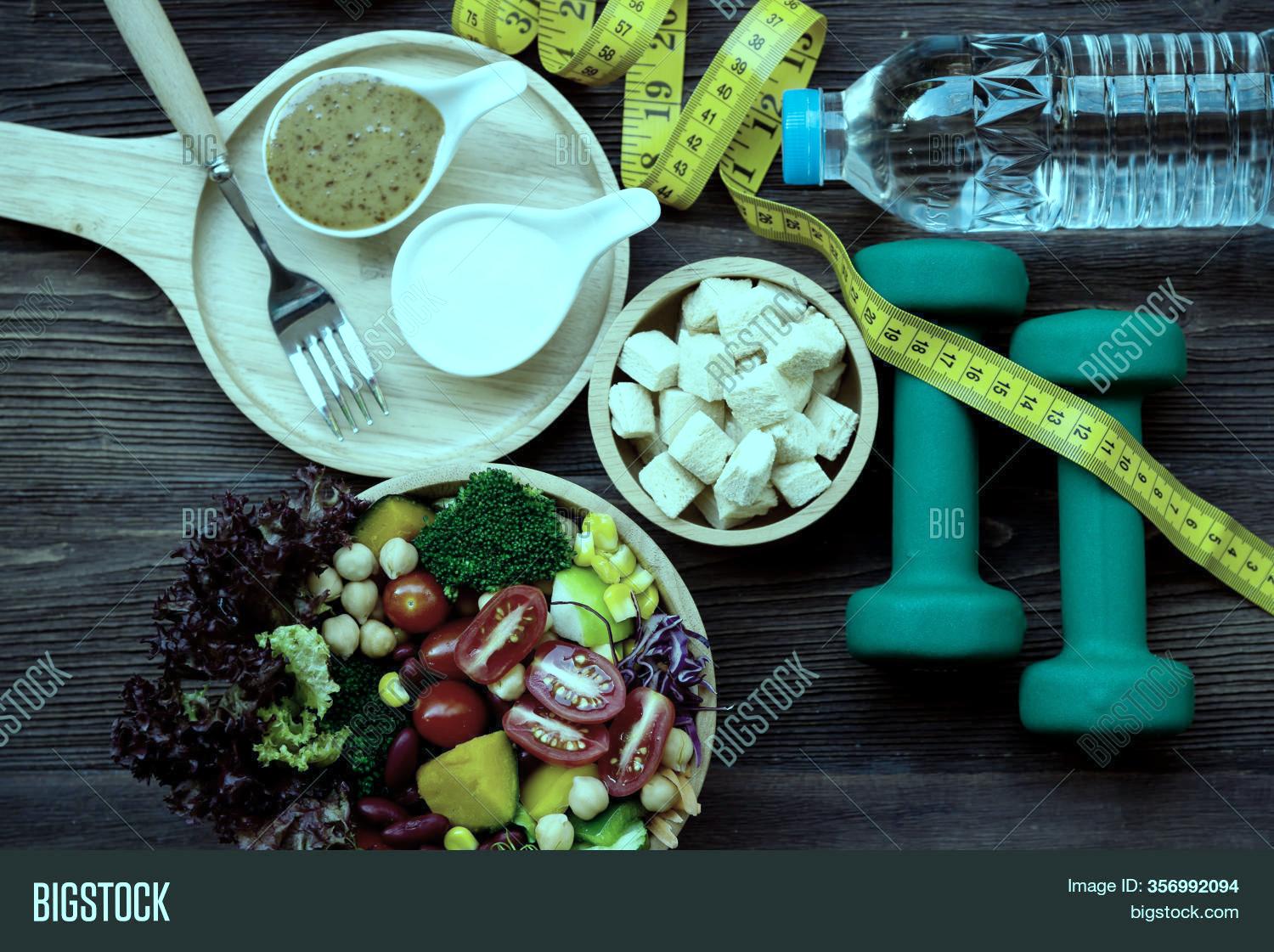Achieving peak fitness isn’t just about hitting the gym; it’s a harmonious blend of exercise and nutrition. Crafting the ideal diet plan tailored to your fitness goals can be a game-changer on your journey to a healthier lifestyle. So, what constitutes the best diet for fitness? 21 Tips on Best Diet for Fitness.
Let’s delve into the essential components and strategies to optimize your nutrition regimen.
21 Tips on Best Diet for Fitness
Balanced Macronutrients:
A well-rounded diet hinges on the balance of macronutrients: carbohydrates, proteins, and fats. Carbs fuel your workouts, proteins repair muscle tissue, and healthy fats support overall bodily functions. Striking the right balance ensures sustained energy levels and efficient muscle recovery. Best Diet for Fitness.
Quality Protein Sources:
Incorporating lean protein sources into your meals is paramount for muscle repair and growth. Aim for a serving of protein with each meal to support your body’s needs, especially after intense workouts. Best Diet for Fitness.
Complex Carbohydrates:
Opt for complex carbohydrates such as whole grains, fruits, and vegetables over simple sugars. Complex carbs provide a steady release of energy, keeping you fueled throughout your workouts without the crash associated with sugary snacks. Best Diet for Fitness.
Nutrient-Dense Foods:
Focus on nutrient-dense foods packed with vitamins, minerals, and antioxidants to support overall health and performance. Leafy greens, colorful vegetables, nuts, seeds, and berries should be staples in your diet, providing a myriad of benefits for cellular function and recovery. Best Diet for Fitness.

Hydration is Key:
Proper hydration is often overlooked but is crucial for optimal performance and recovery. Aim to drink plenty of water throughout the day, especially before, during, and after workouts to replenish fluids lost through sweat. Best Diet for Fitness.
Strategic Meal Timing:
When and how you fuel your body can significantly impact your fitness endeavors. Consuming a balanced meal or snack containing carbohydrates and protein within 30 minutes to an hour post-exercise can expedite muscle recovery and glycogen replenishment. Best Diet for Fitness.
Mindful Eating Habits:
Cultivating mindful eating habits can prevent overeating and promote better digestion. Slow down, savor each bite, and pay attention to hunger and fullness cues. This practice fosters a healthier relationship with food, ultimately supporting your fitness goals in the long run. Best Diet for Fitness.
Supplementation, if Necessary:
While whole foods should form the foundation of your diet, supplements can fill in any nutritional gaps. Consult with a healthcare professional or registered dietitian to determine if supplements like protein powder, creatine, or omega-3 fatty acids are suitable for you. Best Diet for Fitness.
Personalization is Key:
Recognize that there’s no one-size-fits-all approach to nutrition. Your dietary needs may vary based on factors such as age, gender, activity level, and fitness goals. Experiment with different food combinations and meal timings to find what works best for you. Best Diet for Fitness.
Consistency is Crucial:
Consistency is the cornerstone of success in any fitness endeavor, including nutrition. Stay committed to your dietary plan, making mindful choices day in and day out. Results may not happen overnight, but with perseverance, you’ll steadily progress towards your fitness goals.
Listen to Your Body:
Pay attention to how different foods make you feel. Your body often provides signals indicating what it needs. If certain foods leave you feeling sluggish or bloated, consider adjusting your diet to include more easily digestible options that fuel your workouts effectively.
Practice Moderation:
While it’s important to fuel your body with nutritious foods, it’s also okay to indulge in treats occasionally. Practicing moderation allows you to enjoy your favorite foods guilt-free while maintaining a balanced diet overall. Remember, it’s about progress, not perfection.
Prioritize Post-Workout Nutrition:
After a workout, your body is primed to absorb nutrients for recovery and repair. Aim to consume a combination of carbohydrates and protein within the post-exercise window to replenish glycogen stores and facilitate muscle recovery. This can be in the form of a balanced meal or a protein-rich snack.
Don’t Fear Healthy Fats:
Despite their name, healthy fats are an essential part of a balanced diet and play a crucial role in hormone production, brain function, and nutrient absorption. Incorporate sources of healthy fats such as avocados, nuts, seeds, and olive oil into your meals to support overall health and satiety.
Plan Ahead:
Planning your meals and snacks in advance can help you make healthier choices throughout the day. Set aside time each week to meal prep and create a grocery list filled with nutritious options. Having healthy options readily available makes it easier to stick to your dietary goals.
Stay Flexible:
While consistency is key, it’s also important to remain flexible and adaptable with your diet. Life can be unpredictable, and there may be times when sticking to your usual routine is challenging. In such instances, focus on making the best choices available to you and aim to get back on track as soon as possible.
Seek Professional Guidance:
If you’re unsure about how to structure your diet or have specific dietary concerns, consider seeking guidance from a registered dietitian or nutritionist. These professionals can provide personalized recommendations tailored to your individual needs and help you navigate any dietary challenges you may encounter.
Celebrate Progress:
Celebrate your achievements along the way, no matter how small they may seem. Whether it’s hitting a new personal record in the gym or consistently making healthier food choices, acknowledging your progress reinforces positive behaviors and motivates you to continue striving for your fitness goals.
Stay Informed:
Stay up-to-date on the latest nutrition research and trends to ensure that your diet remains aligned with current best practices. However, be critical of sensationalized headlines and always verify information from reputable sources before making significant changes to your dietary habits.
Listen to Feedback:
Pay attention to feedback from your body, performance metrics, and trusted healthcare professionals. If you’re not seeing the results you desire or experiencing negative side effects, reassess your diet and make adjustments accordingly. Your journey to optimal fitness is a continual learning process.
Enjoy the Journey:
Remember that achieving and maintaining fitness is a journey, not a destination. Embrace the process, enjoy discovering new foods and recipes, and celebrate the improvements in both your physical and mental well-being that come from nourishing your body with the best possible diet for your fitness goals.
In conclusion,
The best diet for fitness is one that prioritizes balance, quality, and consistency. By nourishing your body with the right nutrients at the right times, you’ll not only optimize your performance but also enhance your overall well-being. Remember, it’s not just about what you eat, but how you fuel your body to reach its fullest potential.
Recent Posts
- 13 Ways to Get Rid of Heartburn
- 6 Signs You Should See a Spine Doctor
- 6 Best Tips to Choose a Skilled Cosmetic Dentist
- Best Top 6 Video Game Consoles for Kids
- 13 Essential Steps to Become a Healthier Person

